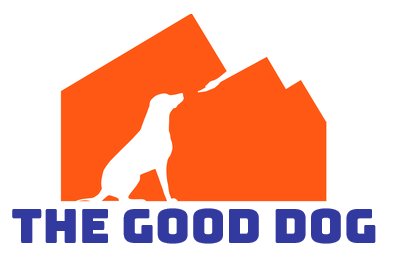1 Comment
9/11/2023 11:34:07 pm
Hello Personally when I first got Zeus( my dog) growing up it aggression became excessive, he could literally chase anyone and anything, my neighbors were really terrified of Zeus they won't say it to my face but I could personally smell their fear from miles away as the approach my compound.
Reply
Leave a Reply. |
PC for above picture -
The Journey Photography by Cris. AuthorEllis Gugel received a bachelors degree in Canine Studies from Bergin University of Canine Studies and applies a method that views the dog through a scientific light. It appeals to the higher cognitive functions that allow the dog to become more intelligent and intuitive than was previously thought possible. Archives
September 2024
Categories |
Web Hosting by iPage


 RSS Feed
RSS Feed

